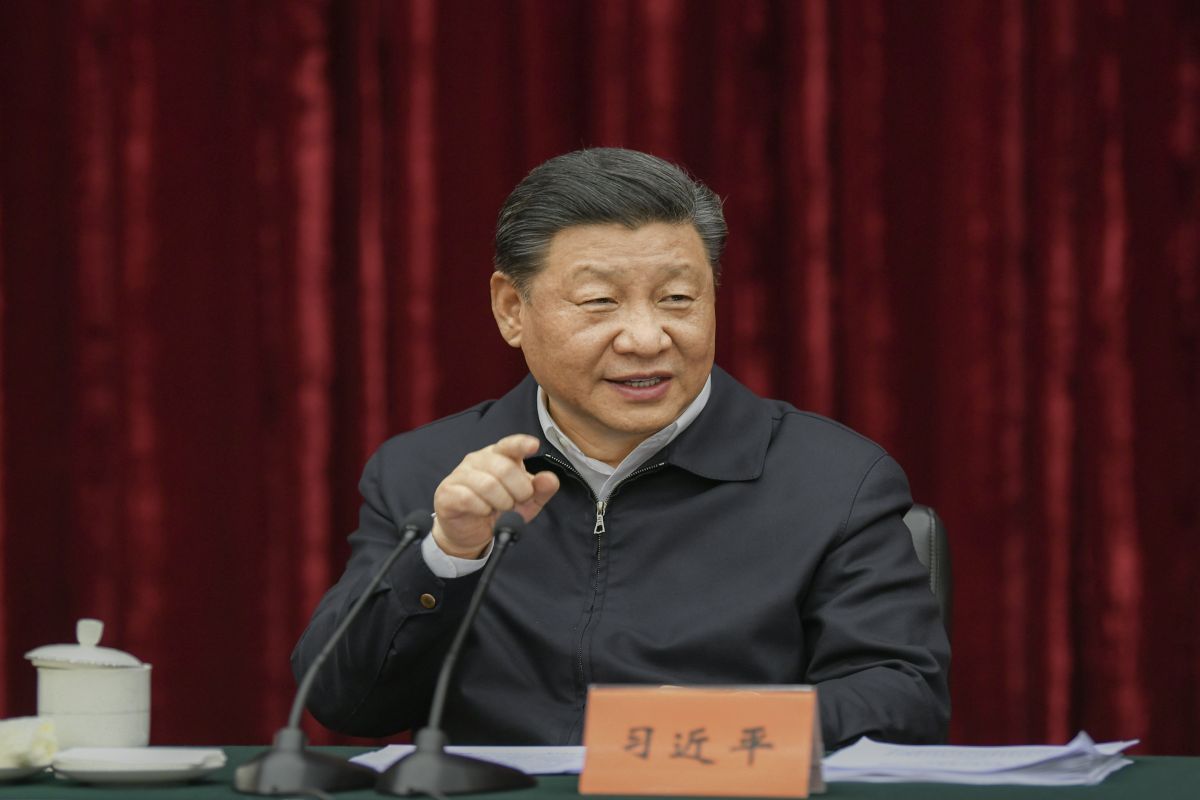India needs at least 1 mn fast chargers to adopt EVs by 2030: Amitabh Kant
The G20 sherpa and former NITI Aayog CEO, Amitabh Kant has said that India needs at least one million fast chargers to adopt electric vehicles (EVs) by 2030.
President Xi Jinping has been consistently pragmatic. On Sunday, he iterated his appeal for “cooperation and dialogue instead of confrontation”.

Chinese President Xi Jinping (Photo: IANS)
Quite the most critical feature of the G20 summit in Osaka is the forward movement in USChina trade relations after a particularly frosty phase that has verged on a trade war between the world’s two largest economies, one that is bound to bear on the global economy. Considering the developments over the past year, President Trump was almost euphoric when he let it be known that trade negotiations with China are ‘right back on track’. The major announcement, surprisingly made on the sidelines of the summit, must be that the US will not impose further tariffs in a trade war that world leaders in general have warned could threaten the economy of their respective countries. It is a truism of international trade that bilateral commerce can have a multilateral impact. Having rocked the boat, and not merely of China, there may be hope yet in President Trump’s assurance that both countries will “restart” negotiations on a trade deal.
The tariff question has been at the core of the trade war across the Pacific and the ruling out of another cache of tariffs may have, to an extent, defused the tension. Quite a change from his bluster not too long ago that China is ‘ripe’ for new tariffs and that Vietnam could be next in line.
The dramatic moodswing is evident in his statement ~ “ We’re going to work with China to see if we can make a deal. China will consult with us and will be buying a tremendous amount of food and agricultural products, and they’re going to start doing that almost immediately.” The restoration of the certitudes of trade history should put the bilateral economy back on the rails, however belated the realisation by the US President. In a G20 declaration issued at the end of the two-day summit, the leaders avoided criticism of Trump-style protectionism but committed themselves to realising “free, fair and nondiscriminatory” trade and to “keep our markets open”.
Advertisement
President Xi Jinping has been consistently pragmatic. On Sunday, he iterated his appeal for “cooperation and dialogue instead of confrontation”. Fears of a protracted trade war that could alienate other countries, including Japan, have overshadowed the summit. Trump had threatened to extend existing tariffs to cover almost all imports from China to the US unless Beijing made progress in meeting US demands for economic reforms. Viewed through the prism of trade history, a fascinating aspect of British India, the narrative has been dismal when the world reflects on Donald Trump’s America and Xi Jinping’s China. Happily, the trade wind is blowing across the choppy waters of the Pacific. While the G20 summit has recorded forward movement on Sino-US trade, there has been a regrettable lack of progress on the climate emergency. More’s the pity.
Advertisement